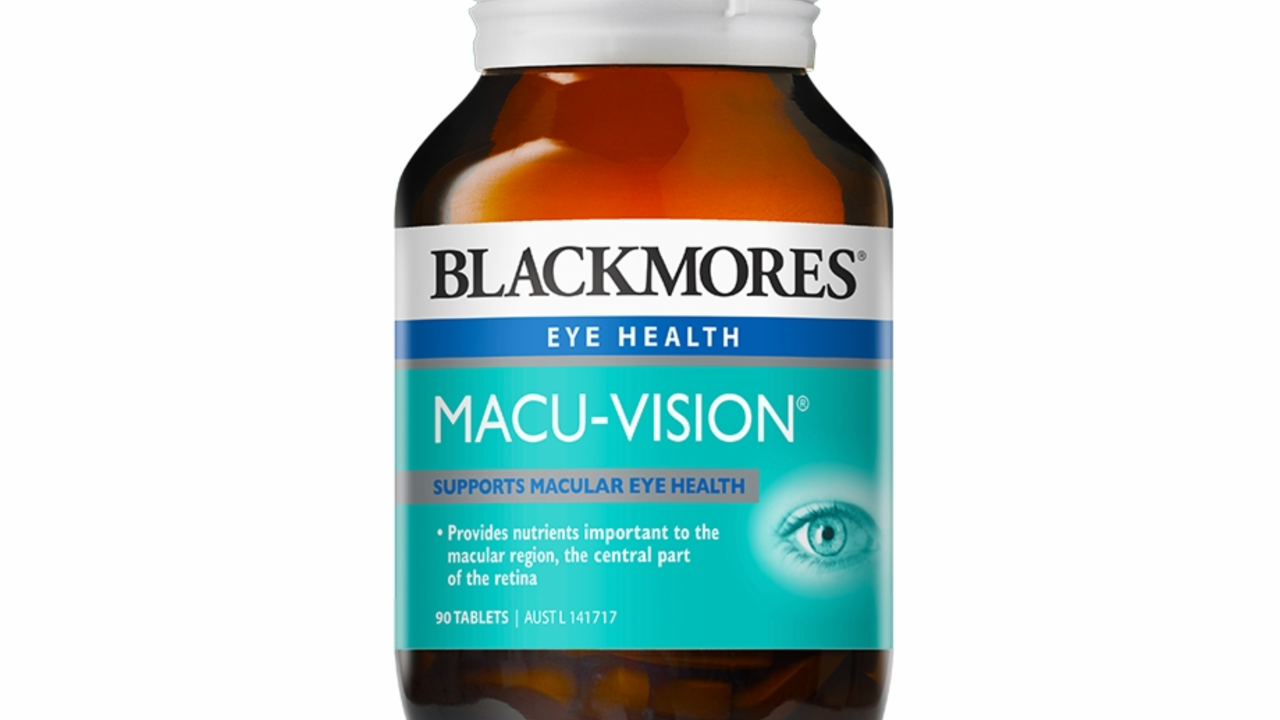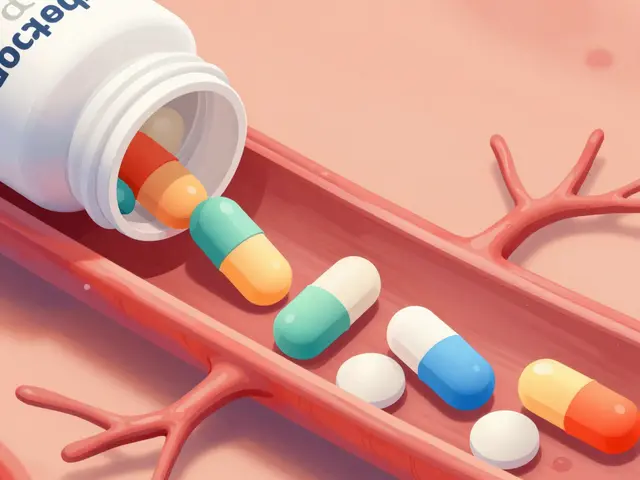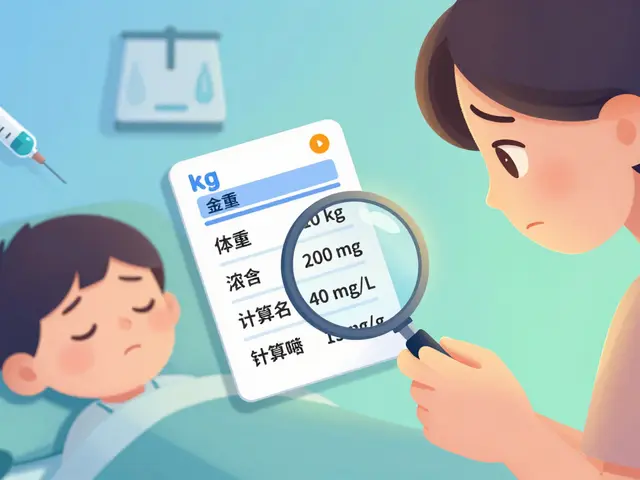Discover the Amazing Benefits of Gamma Linolenic Acid Supplements
Gamma Linolenic Acid (GLA) is a powerful omega-6 fatty acid that provides numerous health benefits. By including GLA supplements in your daily routine, you can improve your overall health and well-being. In this article, we will explore the incredible benefits of GLA supplements and how they can transform your health. So, let's dive into the wonders of Gamma Linolenic Acid supplements!
Boost Your Immune System with GLA Supplements
One of the primary benefits of taking Gamma Linolenic Acid supplements is the potential boost to your immune system. GLA has been found to play a crucial role in producing prostaglandins, which are hormone-like substances that help regulate immune responses and inflammation. By taking GLA supplements, you can support your body's natural defenses and help prevent illnesses.
Additionally, studies have shown that GLA can help reduce inflammation in the body, which is essential for maintaining a healthy immune system. Chronic inflammation can lead to various health issues, including autoimmune disorders, heart disease, and even cancer. By incorporating GLA supplements into your daily routine, you can help keep inflammation at bay and improve your overall health.
Improve Your Skin Health with GLA Supplements
Did you know that Gamma Linolenic Acid can also do wonders for your skin? GLA has been found to help improve skin conditions such as eczema, psoriasis, and acne. The anti-inflammatory properties of GLA can help reduce the redness and irritation associated with these skin conditions, providing relief and promoting healing.
Moreover, GLA supplements can help improve your skin's overall appearance by promoting hydration, elasticity, and smoothness. By taking GLA supplements, you can provide your skin with the essential nutrients it needs to stay healthy, glowing, and youthful.
Support Women's Health with GLA Supplements
Women can greatly benefit from taking Gamma Linolenic Acid supplements, particularly when it comes to hormonal balance and reproductive health. GLA has been found to help alleviate symptoms of premenstrual syndrome (PMS) and menopause, such as mood swings, bloating, and hot flashes. By incorporating GLA supplements into your daily routine, you can help your body maintain a healthy hormonal balance, making it easier to manage these challenging symptoms.
Additionally, research has shown that GLA can help reduce inflammation and improve blood flow to the uterus, which can be beneficial for women with endometriosis and other reproductive health issues. By taking GLA supplements, you can provide essential support to your reproductive system and improve your overall well-being.
Promote Healthy Weight Loss with GLA Supplements
If you're looking to shed some pounds, Gamma Linolenic Acid supplements might just be the secret weapon you've been searching for! Studies have found that GLA can help boost your metabolism, making it easier for your body to burn fat. Additionally, GLA supplements may help reduce appetite, making it easier to stick to your weight loss goals.
It's essential to remember that GLA supplements should be used in conjunction with a healthy diet and exercise routine for optimal results. By incorporating these supplements into your daily routine, you can support your body's natural fat-burning abilities and make your weight loss journey more manageable.
Improve Heart Health with GLA Supplements
Another incredible benefit of Gamma Linolenic Acid supplements is their potential to improve heart health. GLA has been found to help lower bad cholesterol (LDL) levels while increasing good cholesterol (HDL) levels, which can help reduce the risk of heart disease and stroke. Additionally, the anti-inflammatory properties of GLA can help reduce inflammation in the arteries, further supporting heart health.
By incorporating GLA supplements into your daily routine, you can provide vital support to your cardiovascular system and help keep your heart healthy and strong.
Enhance Brain Function with GLA Supplements
Last but not least, Gamma Linolenic Acid supplements can also benefit your brain health. Research has shown that GLA can help improve cognitive function, memory, and mood. The anti-inflammatory properties of GLA can help reduce inflammation in the brain, which is believed to be a contributing factor in various neurological conditions, including Alzheimer's disease and depression.
By taking GLA supplements, you can support your brain health and improve your overall cognitive function, helping you stay sharp and focused throughout your day.
In conclusion, Gamma Linolenic Acid supplements offer a myriad of health benefits that can significantly improve your overall well-being. By incorporating these supplements into your daily routine, you can boost your immune system, improve skin health, support women's health, promote weight loss, enhance heart health, and even improve brain function. So, why not give GLA supplements a try and experience the transformative effects on your health for yourself?




Selina M on 26 June 2023, AT 07:23 AM
GLA sounds awesome lets try it!